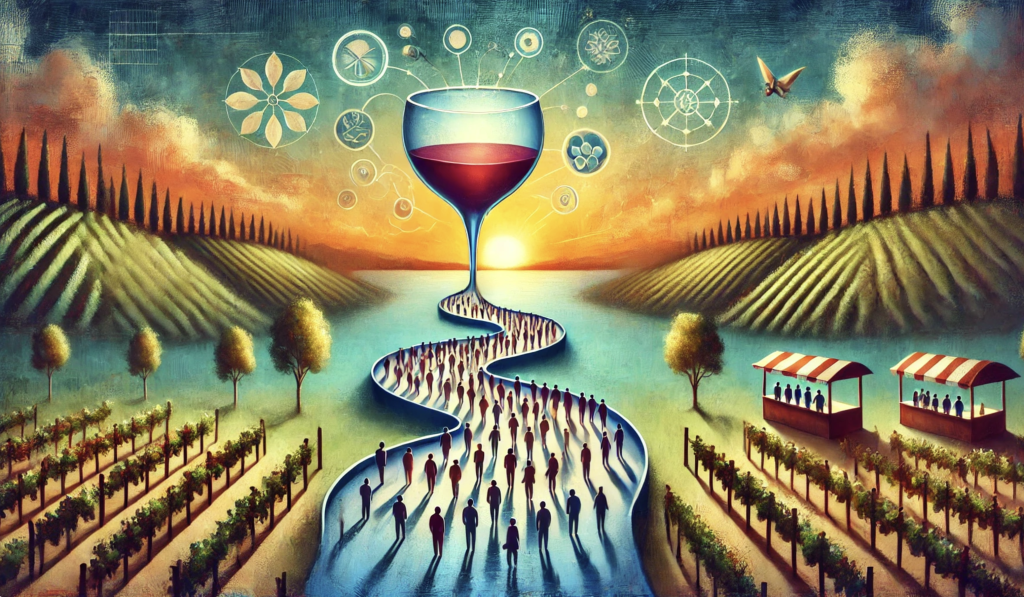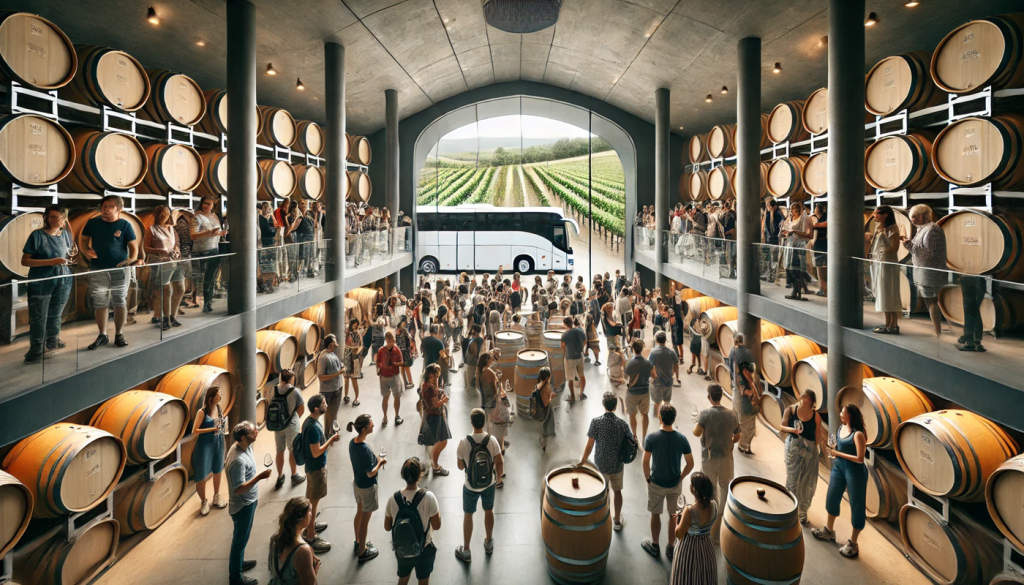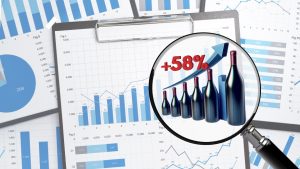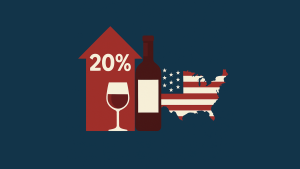What is overtourism?
“The negative impact that tourism, within a destination or part of it, has on the perceived quality of life of residents and/or the visitor experience.”
In recent years, overtourism has transformed the food and wine landscape, bringing an increasing number of visitors to wineries to discover and savor the wines of Italy. On one hand, this phenomenon represents a unique opportunity to enhance local products and boost tourism. On the other, it can lead to challenges in managing tastings and staffing. In fact, wineries do not always benefit economically from this increased traffic.

How to Make the Most of Overtourism? Let’s explore the 5 essential points together
To turn this tourism boom into an opportunity rather than a problem, it is essential to adopt a tasting management strategy that optimizes resources, avoids waste, and maximizes economic returns. Here are some practical solutions to transform overtourism into added value:
1. Organize targeted tastings
Scheduling tastings in advance, with specific time slots or by reservation only, allows for a more even distribution of visitor flow, reducing wait times and enhancing the overall experience.
Offering personalized tasting options with different price ranges allows you to cater to all types of visitors, from curious tourists to seasoned enthusiasts.
2. Simplify Sales with Self-Ordering
It’s time for wineries to move away from outdated practices, such as using paper forms or manually filled Excel sheets for managing shipments. These methods, in addition to being prone to transcription errors and operational delays, no longer meet the demands of a market increasingly focused on efficiency and digitalization.
Relying solely on the idea that customers will take bottles home in their cars is not only limiting but often leads to decreased sales. Customers may lack the space or means to transport large quantities of wine, thereby reducing both the average order value and the average number of bottles purchased. Offering the option to ship wine directly to their homes is a strategic solution to overcome this challenge.
Implementing self-order systems that allow customers to independently select and purchase products, possibly through digital devices available in the winery, streamlines the entire sales process. This approach not only reduces writing errors and price discrepancies but also automates complex procedures such as logistics management and customs compliance, which are essential for international shipments.
Adopting advanced technological solutions is not just an option but a necessity for wineries looking to fully capitalize on the opportunities presented by overtourism. It ensures a smooth and satisfying purchasing experience for both local and international customers.
3. Optimize Wine Pouring
One of the most common mistakes is overpouring during tastings, which can lead to rapid bottle consumption without a proportional increase in revenue.
> Measuring and standardizing serving quantities not only reduces waste but also helps ensure a consistent quality experience for all participants.
Optimized pouring also allows for the presentation of multiple wines during the same tasting, encouraging interest in a more diverse final purchase.
4. Utilize Staff Efficiently
Staff is one of the most valuable resources for ensuring a positive experience, but during peak tourist times, it can be challenging to provide high-quality service.
> Training the team to effectively manage large groups and using digital tools to support reservations and direct sales can help alleviate the pressure.
> Providing customers with the ability to place self-orders using devices made available on-site automates and simplifies processes, discover how reading our article >>
Additionally, implementing digital direct sales systems allows visitors to immediately order their preferred wines, reducing handling time and increasing purchase opportunities.
5. Build Customer Loyalty Through Exclusive Experiences
Overtourism presents a unique opportunity to build lasting relationships with visitors.
> Offering exclusive experiences, such as private tastings or special events for select groups, not only meets the growing demand but also enhances the prestige of your offerings.
This approach enhances the winery’s reputation and can lead to long-term customer loyalty, turning occasional visitors into devoted clients.

Conclusions
In the context of overtourism, each tasting should not only be seen as an opportunity to showcase products but also as a tool to generate economic value and foster customer loyalty. By leveraging targeted strategies for organization, pouring, and staff management, wineries can accommodate a growing number of visitors without compromising service quality, all while maximizing profits.




